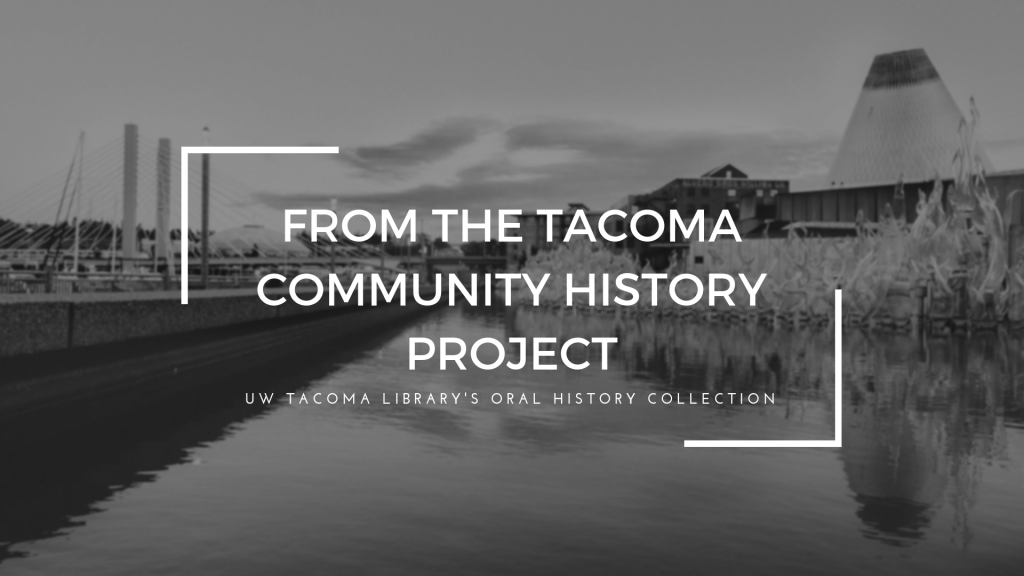Interview and Project By Yris Lance; blog post written by Erika Wigren.
“What makes me happy [is] helping people. That makes me happy. I have become used to working…I am still a migrant worker [and] I always will be a migrant worker. [However at present] I work in different fields, and my harvest is not fruit and vegetables. My harvest is the improvement of the economy of the minority community of the State of Washington. We are all in this together; if we don’t work together, we sink individually.” – Jenaro Castaeda
Jenaro Castaeda’s was born in Texas and moved to Washington State in 1946. After arriving in Washington, he and his family lived and worked on a farm labor camp where they stayed until 1959.
At the age of nine, Castaeda was forced to work the fields in order to help provide for his family, while also attending school. In his interview, he explains that he and his family experienced racism, micro-aggressions, and discrimination regularly since they were viewed as Mexican-only, though from Texas, and primarily spoke Spanish.

In 1959, after graduating from high school and working for a few years, Castaeda joined the Air Force where he was trained as an alignment electrician.
After 24 years in the Air Force and extensive traveling, he decided to change careers and, at the age of 50, earned his Bachelor’s Degree in Sociology at Saint Martins University.
He went on to works as Contract Compliance Officer for the State of Washington, then Business Development Program Specialist.
Castaeda’s life work has been helping to provide opportunity for migrant workers and change the American mindset of Latino immigrants.
“What makes me angry, and I am very angry about this, is that the situation I grew up in as nasty and as mean as it was in the 1940s, is still happening today and should be happening. It still happening today, people are still being treated like pigs, and they are not being paid for the work that they do. They are not being appreciate for the work that they do. [People] want to send them back to Mexico and Central America after they have given their lives providing services tot eh United States of America and to the State of Washington. Latino [with legal status] and without documentation, buy houses, cars, work, and pay taxes. They are productive members of the community.”
His work has focused greatly on aiding workers in labor camps, as well aiding veterans and minority populations.
The Tacoma Community History Project is a growing oral history collection. The projects are created by UW Tacoma students under the supervision of Professor Michael K. Honey and in partnership with the UWT Library. Click to learn more about the Tacoma Community History Project.
